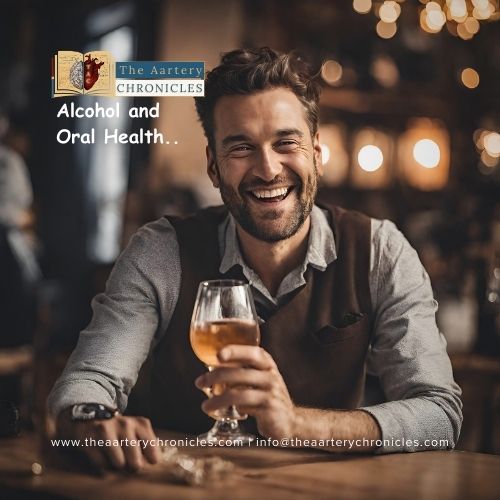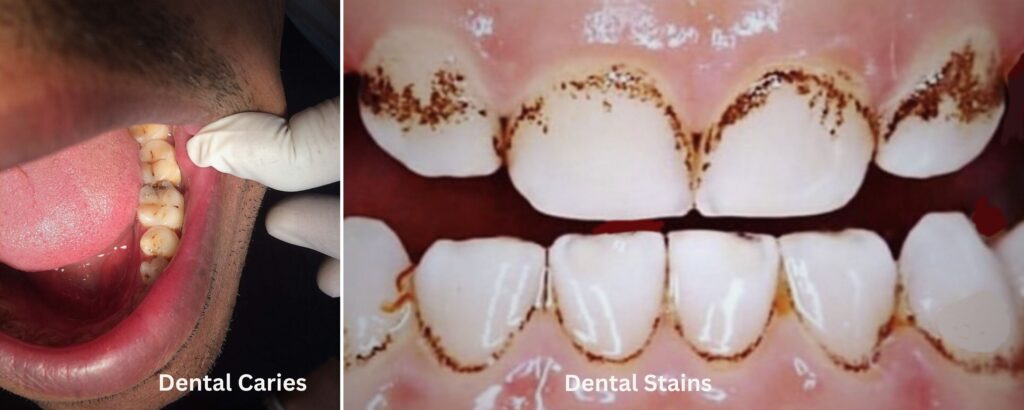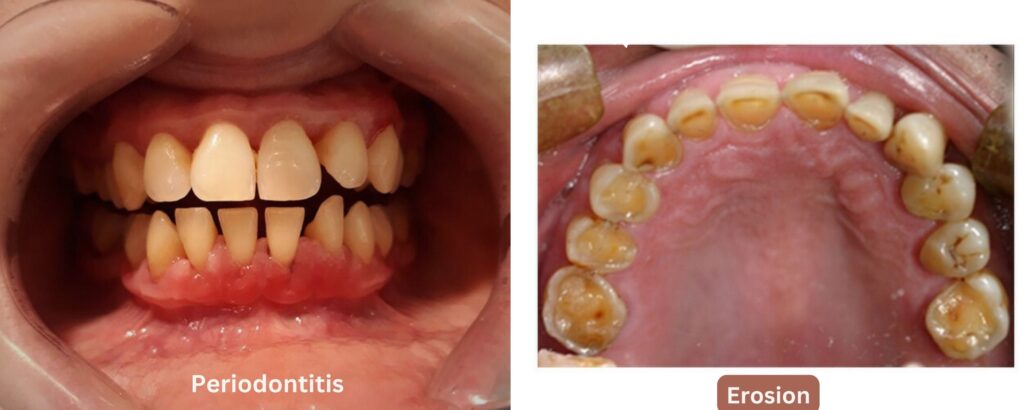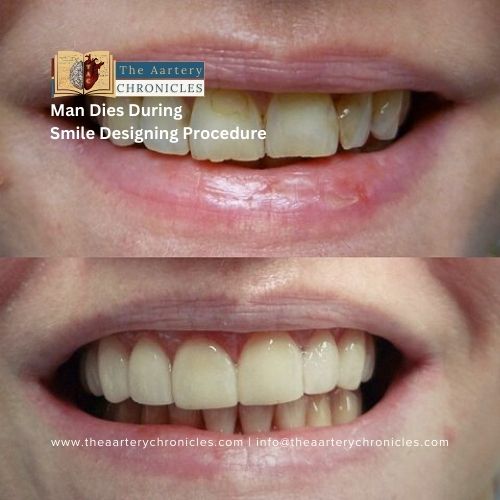

Uncorking the Link Between Alcohol and Oral Health
An Overview
Although mild to moderate alcohol consumption has been considered a part of a healthy lifestyle, the World Health Organization states that “when it comes to alcohol consumption, there is no safe amount that does not affect the health.”
An International Agency for Research on Cancer has classified alcohol as a toxic, psychoactive, and dependence-producing Group 1 carcinogen. Alcohol has earned its reputation owing to its detrimental effects on the physical, social, and psychological well-being of an individual. [1] The short- and long-term negative effects of alcohol consumption on general health have been well recognized including the brain, heart, and liver. But how does alcohol affect the oral health of an individual?
In this article, we will unravel the link between alcohol consumption and its effects on oral health, including the teeth, gums, and oral tissues.
7 Effects of Alcohol on Oral Health
Although alcohol does not damage the teeth directly, it does have a detrimental effect on the overall oral health, which includes the oral mucosa, oral tissues, gums, and inevitably the teeth. The risk of dental caries, periodontal diseases, and oral cancer increases significantly in alcohol dependents. [2]
Some of the dental diseases and conditions that are induced and aggravated by alcohol consumption are as follows:
1. Xerostomia (Dry Mouth)
Dry mouth, also known as xerostomia, is one of the immediate links between alcohol and oral health.
- Alcohol is a diuretic, which causes increased urine production and raises the risk of dehydration.
- Dehydration causes the body to produce less saliva, which leads to a dry mouth.
- Some degree of dry mouth is a common reaction to alcohol use in most individuals. [3]
Furthermore, alcohol can also act as an irritant to oral tissues, causing inflammation and decreased salivary flow. Reduced salivary flow may result in a sore and scratchy throat, as well as difficulty swallowing.
2. Dental Caries (Tooth Decay)
- Alcohol causes dry mouth, which makes the teeth more susceptible to dental decay.
- Saliva plays an important role in protecting the teeth due to its buffering ability, cleansing effect, and antimicrobial action.
- The dehydrating effect of alcohol causes a dry mouth that impairs the salivary action and makes the tooth less resistant to sugary and acidic alcoholic drinks. [4, 5]
Thus, alcohol increases the risk of dental decay and loss in alcohol dependents, and heavy drinkers are three times more likely to suffer from permanent tooth loss. [3]

3. Dental Stain
- Alcohol has the ability to stain the teeth, especially red wine, dark liquors, or when combined with dark soft drinks and sodas.
- These stains might prove difficult to remove and might require professional help in the form of dental cleaning and teeth whitening. [4]
4. Tooth Erosion
Dental erosion is the wearing away of the enamel, which is the outer protective surface of the teeth, due to acid from either food, drinks, or acid reflux from the stomach.
- The majority of alcoholic drinks either have an acidic pH or combine alcohol with an acidic mixer, such as fruit juice or soft drinks.
- Regular consumption of acidic drinks can cause the dissolution and wear of teeth and ultimately lead to tooth erosion.
Dental erosion is interlinked with the duration and frequency of alcohol consumption, along with acid reflux and vomiting during alcohol consumption. [4]
5. Periodontitis (Gum Disease)
Periodontitis is one of the common long-term effects of alcohol on gums and oral tissues. Periodontitis, also known as gum disease, is characterized by red, swollen, or bleeding gums, gum recession, periodontal pockets, loss of periodontal bone, loosening of teeth, and eventual loss of teeth.
- An increased risk of cancer, diabetes, stroke, and heart disease has been associated with periodontitis.
Excessive alcohol intake weakens the immune system, thus making it difficult to fight off infections like periodontitis. [2, 4]
A study conducted on regular alcohol users, occasional drinkers, and non-drinkers, with and without periodontitis, revealed that:
- Regular alcohol consumers experienced significantly increased gum bleeding, plaque accumulation, and periodontal pockets between their gums as compared to non-drinkers.
- Alcohol consumers with periodontitis experienced a significant worsening of their condition in relation to the frequency of alcohol consumption. [4, 6]
6. Oral Cancer
- Alcohol is among one of the most important risk factors for oral cancer.
- Alcohol’s ability to alter the permeability of the oral mucosa plays a crucial role in carcinogenesis and makes the oral cavity more susceptible to mutations and cancerous lesions. [2]
7. Dental Trauma (Oral Injuries)
- Excessive alcohol consumption impairs motor balance and coordination, increasing the risk of falls, which may cause dental trauma and oral injuries. [5]

Tips to Maintain Oral Health During Alcohol Consumption
Maintaining oral health while consuming alcohol is of utmost importance in order to prevent dental problems. Some tips to maintain oral health and hygiene during alcohol consumption include:
- Drinking in moderation: Balance is the key. One should drink in moderation and avoid excessive alcohol consumption to maintain good physical and oral health.
- Staying hydrated: Drinking plenty of water prevents alcohol-induced dehydration which helps avoid dental conditions like dry mouth and dental decay.
- Choosing drinks wisely: Dental conditions like tooth erosion and tooth decay can be avoided by choosing drinks that are low in sugar and acidic content.
- Brushing and flossing regularly: For a healthy mouth, one must maintain a thorough oral regime that includes brushing twice a day and flossing once a day.
- Regular dental visits: In order to prevent and treat dental problems, routine dental check-ups are important. A dentist appointment should be made at least twice a year and more frequently in cases of specific dental concerns.
- No level of alcohol consumption is safe for our health (who.int)
- Impact of Alcohol Dependency on Oral Health – A Cross-sectional Comparative Study - PMC (nih.gov)
- Alcohol and Tooth Decay and Gum Disease | Penn Dental Medicine
- Alcohol and oral health - Australian Dental Association (teeth.org.au)
- Saliva and dental caries - PubMed (nih.gov)

Author: Dr. Anjali Singh
BDS [KGMC, Lucknow]
- Medicine
- Nutrition And Diet
Lorem ipsum dolor sit amet, consectetur adipiscing elit. Ut elit tellus, luctus nec ullamcorper mattis, pulvinar dapibus leo.












